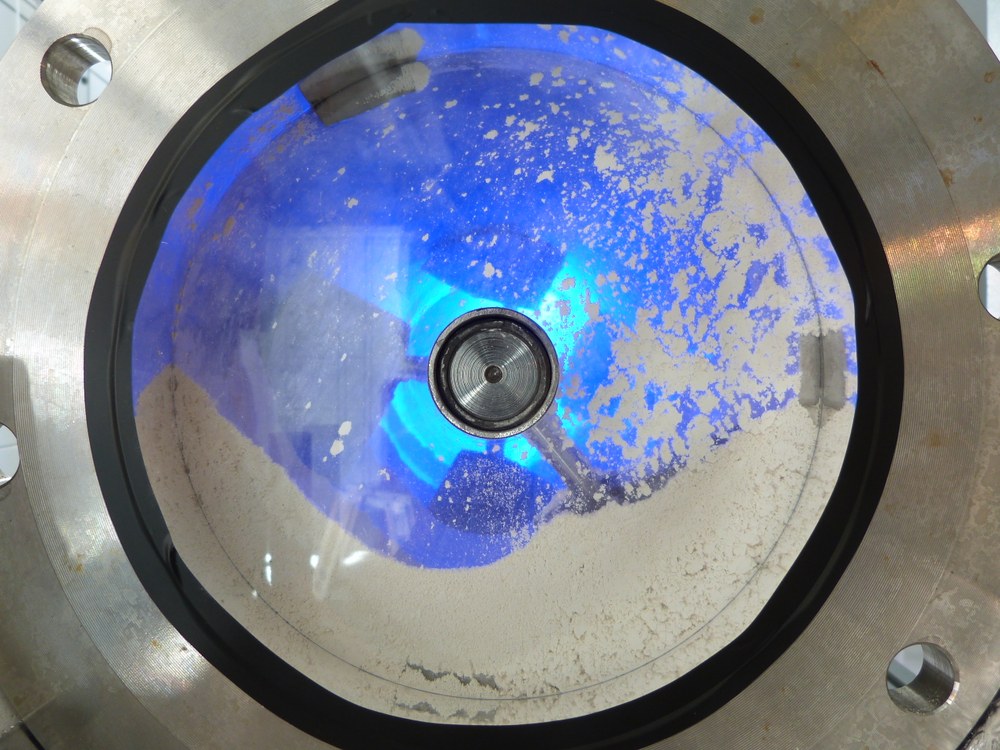CALOGY
Securing the heat supply of buildings in the future and decarbonising them at the same time is a key challenge of the heating transition. Thermochemical energy storage systems can play a central role in this. They are able to store large amounts of energy efficiently and cost-effectively over long periods of time and their storage density is significantly higher than that of hot water storage tanks, for example.

Our approach is based on the energetic utilisation of the known reaction of water and burnt lime, a natural storage material that is available in large quantities in Germany and Europe, as well as being very cost-effective and environmentally friendly. For this innovative storage principle, a first prototype system for long-term storage in the building sector has been developed and successfully demonstrated at the DLR's Institute of Technical Thermodynamics in recent years.
Transfer to real operation
A challenge for the wider application of the system lies in the complexity and cost of the system. The CALOGY project aims to further develop the technology towards market launch. The focus is on reducing the complexity of the components and materials required, as well as increasing efficiency and modularity. In the project, a pilot system is being designed for the specific application of providing heating in buildings. The system will then be integrated and operated in a real application environment for the first time. The aim is to test the operation of this innovative storage system in the field and thus support the final development steps towards a marketable product. Parallel to the development of the pilot system, a spin-off from the DLR is being prepared with the aim of transferring the technology into application.

Aim of the project
The aim of the CALOGY project is to demonstrate and operate a climate-neutral heating system based on thermochemical energy storage in a real operating environment.
CALOGY at a glance
Project | CALOGY (Calcium Energy Storage) |
|---|---|
Duration |
|
Project participant | DLR-Institut of Engineering Thermodynamics |
Support | Helmholtz Enterprise and DLR-Technology Transfer
|
